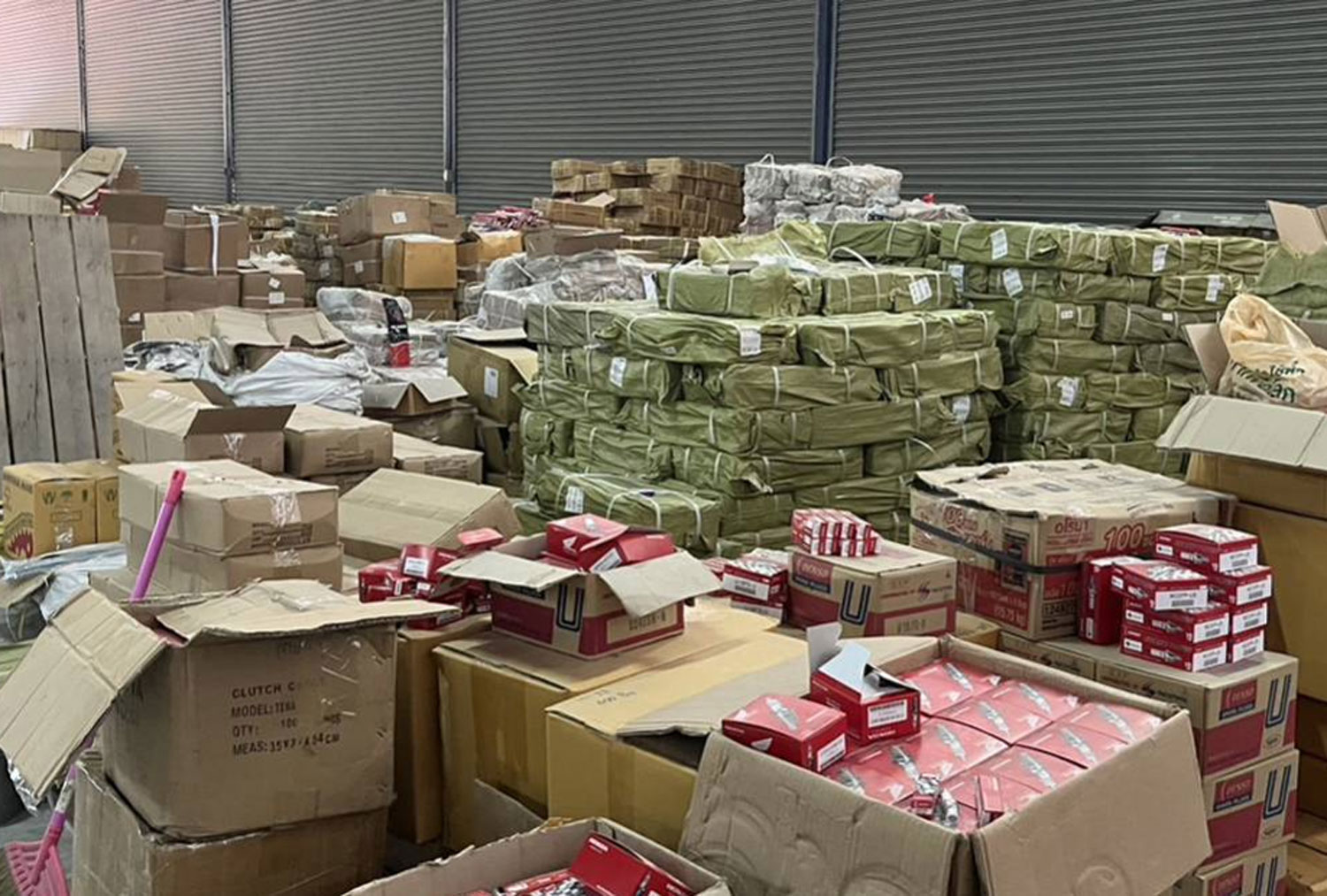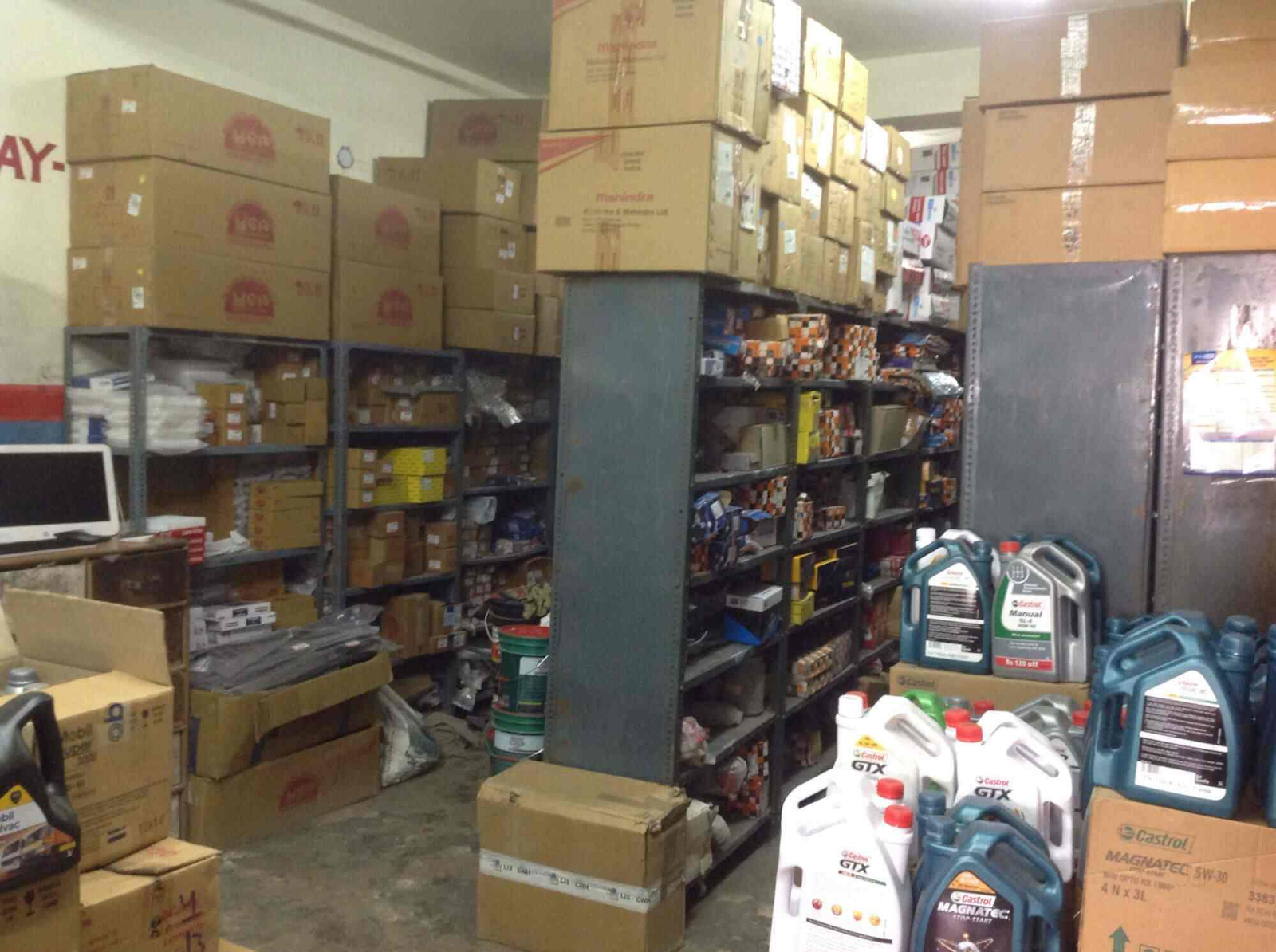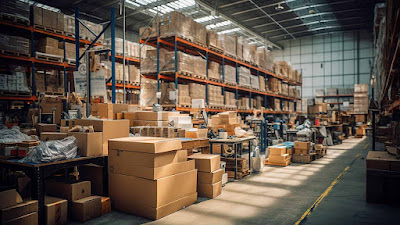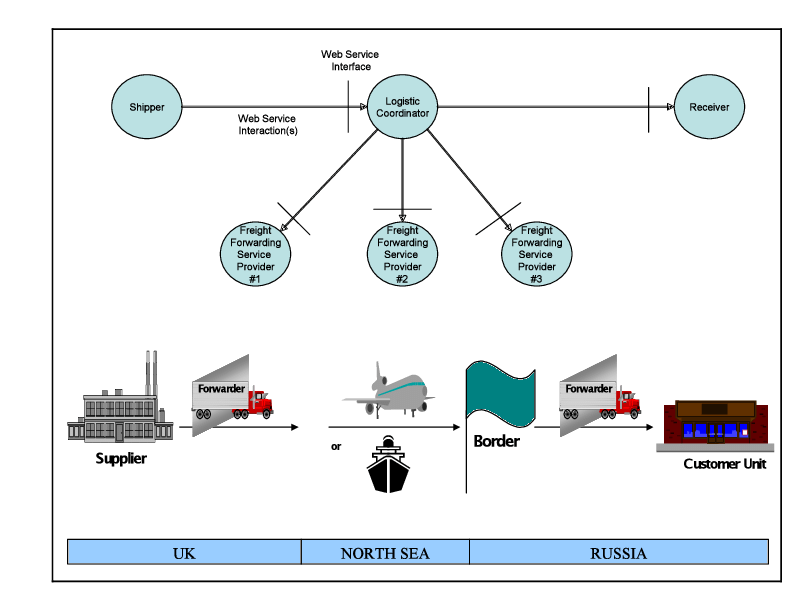In the fast-paced automotive industry, timely and secure delivery of car parts is crucial. Whether you are a manufacturer, dealer, or repair shop, ensuring that car parts arrive on time and in perfect condition is essential for maintaining your operations and satisfying your customers. Worldcraft Logistics understands this need and offers specialized shipping services tailored to the unique demands of the automotive sector.
Forecast of the global auto accessories market in 2031 and revealed opportunities
The global passenger car accessories market is currently valued at US$ 540 billion in 2024 and is projected to grow steadily at a compound annual growth rate (CAGR) of 6%, reaching US$ 810 billion by 2031.
Key Trends and Drivers
1. Vehicle Customization Trend
The global trend of vehicle customization is gaining momentum, especially among younger demographics who seek to enhance their driving experience and vehicle aesthetics. Popular additions include chrome accessories, spoilers, LED lights, and alloy wheels, which boost the aftermarket for passenger car accessories.
2. Technological Innovations
Technological advancements are pivotal in driving market growth. Modern vehicles are equipped with advanced infotainment systems such as CD players, Bluetooth, USB ports, video panels, GPS, and multiple speakers. These enhancements not only improve the in-car experience but also propel the market for infotainment accessories.
3. Infotainment Systems
Infotainment systems have become a dominant segment within the passenger car accessories market. The rise of high-tech vehicles, including connected and autonomous cars, has increased the incorporation of advanced infotainment systems. The adoption of smartphones and high-speed Internet also contributes to the rising demand for these systems.
4. Lightweight Materials
Manufacturers are focusing on fuel efficiency and lightweight vehicles by using materials like high-strength steel and thermoplastics. These materials help produce components that meet stringent fuel efficiency standards. Regulatory norms mandating the replacement of automotive accessories based on their life duration further boost aftermarket demand.
Regional Insights
- Europe: Europe is expected to hold a significant share of the global market, driven by technological advancements and high demand for music accessories and LCDs.
- United States: The U.S. market is set for steady growth, supported by innovative product development and a strong aftermarket segment.
- Asia Pacific: In the Asia Pacific region, India leads with a robust CAGR, driven by increasing adoption of infotainment systems and rapid technological upgrades.
Market Segments
- Electronics Accessories: Electronics accessories dominate the market, driven by consumers' preference for an entertaining driving experience and the rise in compact passenger car sales and smartphone usage. Popular electronic accessories include head-up displays, dashcams, rear backup cameras, and radar blind-spot sensor kits, enhancing vehicle safety and entertainment.
- Aftermarket Sales Channel: The aftermarket sales channel significantly drives market expansion. The growth of Internet activity and e-Commerce has enabled manufacturers to offer high-quality products quickly and efficiently. The ongoing pandemic has further accelerated online shopping and the demand for aftermarket car accessories.
Overall, the passenger car accessories market is poised for significant growth, driven by customization trends, technological innovations, and increasing demand for advanced infotainment systems and lightweight materials. Regional dynamics and the dominance of electronic accessories also contribute to the market's expansion.
Another interesting article for you:
Why Choose Worldcraft Logistics for Car Parts Shipping?
1. Expertise in Automotive Logistics
At Worldcraft Logistics, we specialize in the intricacies of automotive logistics. Our team is well-versed in handling all types of car parts, from small components to large assemblies. We understand the specific requirements for packaging, transportation, and customs clearance of car parts, ensuring they reach their destination safely and on time.
2. Customized Shipping Solutions
No two shipments are alike, and we recognize the importance of providing customized solutions to meet your specific needs. Our shipping services are flexible, accommodating various sizes, weights, and types of car parts. We offer both domestic and international shipping options, ensuring your parts can reach any corner of the globe.
3. Advanced Tracking and Monitoring
We provide real-time tracking and monitoring of your shipments, giving you peace of mind and allowing you to stay informed about the status of your car parts at every stage of the journey. Our advanced tracking systems enable you to monitor your shipment's progress, ensuring timely and accurate delivery.
4. Competitive Pricing
We understand the importance of cost-effectiveness in logistics. Our services are competitively priced, providing you with value for money without compromising on quality. We offer transparent pricing with no hidden fees, ensuring you can budget effectively for your shipping needs.
>>> Click to read all the article: https://worldcraftlogistics.com/shipping-car-parts
Our Shipping Process
1. Initial Consultation
We begin with an initial consultation to understand your specific shipping requirements. Our experts will assess the nature of the car parts, the destination, and any special handling needs to tailor a solution that fits your needs.
2. Packaging and Documentation
Proper packaging is essential for the safe transport of car parts. Our team ensures that all items are securely packed to prevent damage during transit. Additionally, we handle all necessary documentation, including customs paperwork, to streamline the shipping process and avoid delays.
3. Transportation and Tracking
Once the car parts are packed and documented, we arrange for transportation using our network of reliable carriers. Whether it's by air, sea, or land, we choose the most efficient and cost-effective route. Our tracking systems keep you informed about the progress of your shipment, providing updates at key stages.
4. Delivery and Follow-up
Upon arrival at the destination, we ensure that the car parts are delivered promptly and in perfect condition. Our team follows up with you to confirm receipt and address any concerns or feedback.
Benefits of Partnering with Worldcraft Logistics
1. Reliability and Trust
Our track record of successful car parts shipments speaks for itself. We are a trusted partner for many in the automotive industry, known for our reliability and commitment to excellence.
2. Customer Support
Our dedicated customer support team is available to assist you at any time. Whether you have questions about your shipment or need assistance with a new order, we are here to help.
3. Streamlined Operations
By partnering with Worldcraft Logistics, you can streamline your operations and focus on your core business activities. We handle the logistics, so you don't have to worry about the complexities of shipping car parts.
4. Scalability
As your business grows, so do your shipping needs. We offer scalable solutions that can accommodate your increasing demand, ensuring you have a logistics partner that can grow with you.
Contact Us
Ready to experience the benefits of efficient and reliable car parts shipping? Contact Worldcraft Logistics today to learn more about our services and how we can help streamline your supply chain. Trust us to deliver your car parts safely, on time, and at a competitive price.



































